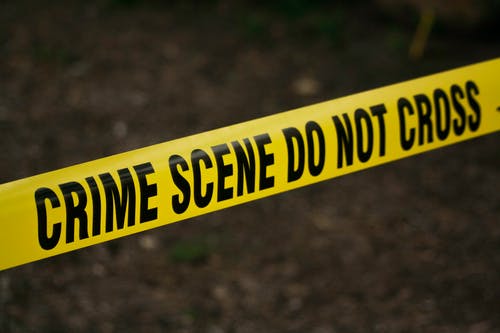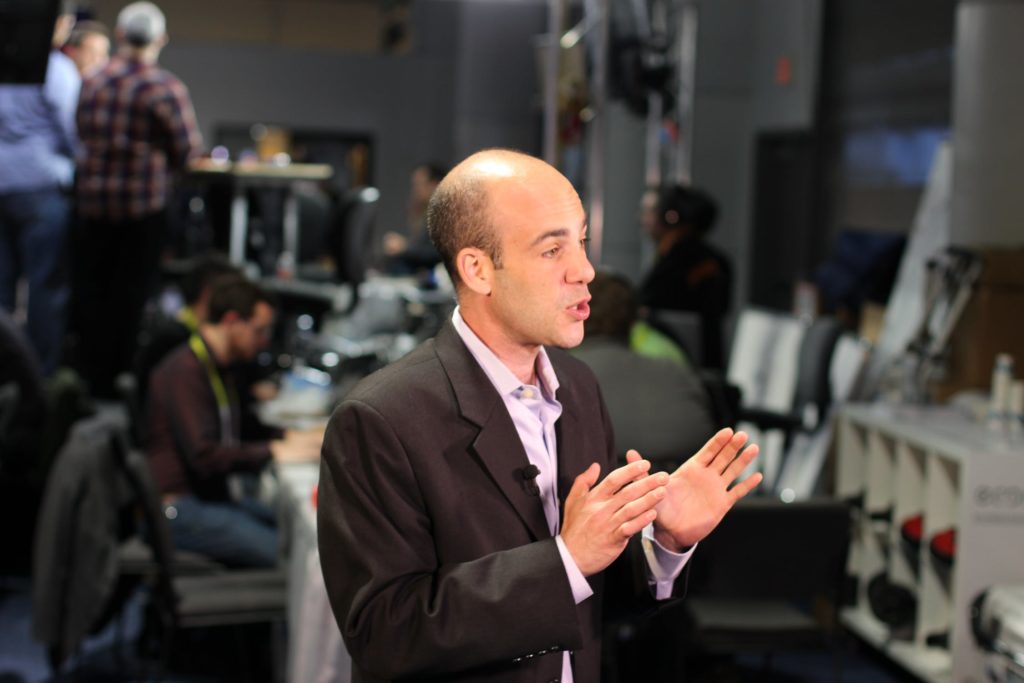
The use of excessive force has been an ongoing problem for decades, even with it violating the Constitution. So when a police officer shoots and it results in a wrongful death, one needs specialists in law enforcement, firearm and ballistics experts, medical examiners, and forensic investigators to uncover what led to the shooting. When the police shooting is decidedly wrongful, justice is pursued for the victims and the families of the victims.
Whether it be a state or local police agency, the utilization of deadly force without justification is wrongful and it brings collateral damage to all individuals involved. So given these circumstances, a successful litigation regarding a police shooting case requires a thorough investigation and vast knowledge of the law. Sure, police may use force under certain circumstances, but they cannot carry out more than what’s needed to accomplish an objective. So in the event a police officer utilizes force that is irrationally excessive, they can be legally charged for violating the Fourth Amendment.
Police Shootings & Lawsuits
When it comes to police shootings and lawsuits, the facts are what hold the case together. That’s right, a case can be lost or won based on the thoroughness of the attorney’s review and details on why the officer decided to utilize deadly force in the particular lawsuit.
If you have a wrongful death attorney near you who is experienced when it comes to tackling police shooting cases or other excessive force issues, they’ll be well aware of the legal problems that arise when handling these tricky lawsuits. For example: Qualified immunity is a legal doctrine that allows an officer permission to escape any liability even if they were using excessive force. So in order to jump such a hurdle, a highly detailed analysis of case law is required to explain how the officer should have recognized that their use of force was excessive.
Examples of Excessive Force
An excessive force lawsuit takes on death or serious injury against county, state, or city sheriff deputies and police officers. In one circumstance, a woman was seriously injured during a routine traffic stop. During this stop, the woman was shot in the shoulder, with the state trooper claiming that he thought she pulled a weapon. With his word against hers, forensic evidence proved that she was shot in the back – as the trooper claimed that he shot her from the front. Between this evidence and the other information that was provided at the trial, the woman was awarded $8 million after the jury made the verdict.
Sadly, outside of one’s home isn’t the only place where individuals have experienced excessive force. In one case, two officers opened fire multiple times on a young man who was unarmed in his bedroom. Even though the man was unarmed, the officers claimed they were terrified of him before they began shooting. Given the scenario, there was two stories and qualified immunity against the young man. Thankfully, facts were compiled and doubt was cast on the two officer’s stories, which led to the man receiving $5.5 million in legal settlements via compensation.
Police Shooting Lawsuits: Necessary Information
Although an official determination will claim that force was justified, witnesses will (and must) be sought after. Whether it be adjacent business employees, motorists, or bystanders, no stone goes unturned in such circumstances. All events leading up to the shooting are accounted for so that the information can be compiled from each account. Since police officers have a wide discretion when it comes to utilizing force, much of their testimony favors them over the victim of the excessive force.
Sure, this may seem like a daunting task since a natural juror could have a bias already formed of the police officer beforehand and the odds of qualified immunity being stacked against you, there’s still hope. With legal skill, tenacity, and thoroughness, one can still overcome the odds and win such a lawsuit. If a police shooting lawyer is familiar with municipal liability, they have a solid understanding of how patterns, practices, customs, and policies work where the state, city, or county agency in which the officer works for. Failure to recognize this can be too costly in such cases, so it’s important that your police shooting lawyer is aware of them.
So in consideration of the information above, hiring the right police shooting lawyer can make or break a lawsuit. Given the high stakes, one must know what lawyers to hire when a police officer fails to follow department rules. Thankfully, we’re one of those lawyers who are there for you. Contact us today for further information.




